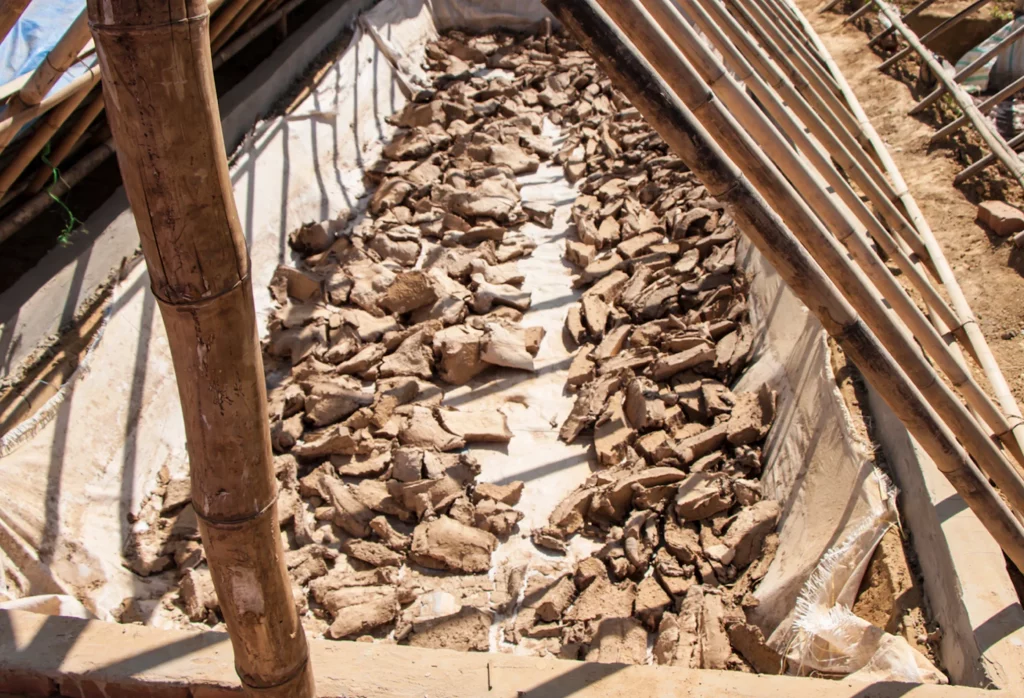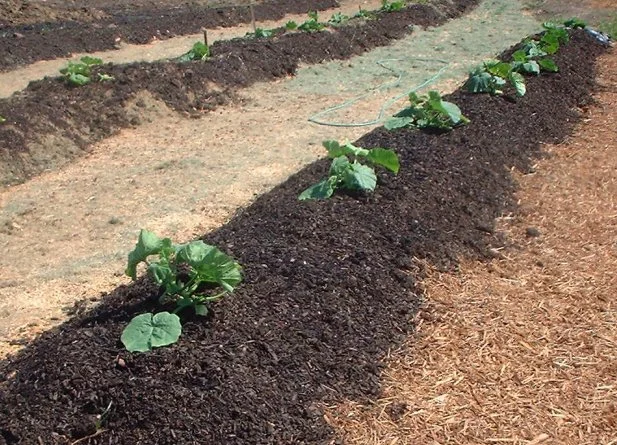1.2 Why is an appropriate management system essential?

Biosolids are typical by-products of treatment processes. The safety of disposal or reuse options is greatly influenced by the water content of the sludge and its level of stabilisation of pathogens, organic material, metal content, and other pollutants.
If not appropriately managed, pathogens like infectious bacteria, viruses, and parasites can pose a significant risk to public health. It is crucial to have an effective management system in place to ensure that these pathogens are treated, eliminated, or reduced to safe levels. This is essential to minimise the potential health risks to the public. Therefore, it is imperative to have a proper management strategy implemented at every wastewater or faecal sludge treatment plant to address these issues.

As the table illustrates, biosolids are also rich in nutrients such as nitrogen, phosphorus, and organic materials, which can enhance soil fertility and be applied as nutrient substitutes in agriculture. With proper management systems in place, it is possible to recover these valuable resources through methods such as composting, drying, thermal treatment, or direct land application.
| Component | % of TS | Source |
|---|---|---|
| Total Organic Carbon TOC | 14 – 18 | UPM |
| Total Kjeldahl Nitrogen TKN | 2 – 7 | UPM |
| Total Phosphorus TP | 0.5 – 1 | UPM |
| Potassium K | 0.5 – 0.6 | UPM |
| Biosolid samples from drying beds lime treatment in the Refugee Camp in Cox’s Bazar, Bangladesh | ||
Once processed and stabilised, the biosolids can be applied as a soil conditioner and substitute for fertiliser, helping to maintain productive soils and encourage healthy plant growth. This not only supports sustainable agriculture practices but also reduces the dependence on synthetic fertilisers. However, following regulatory requirements when using biosolids for land application is crucial.
Social acceptance is another essential aspect in successfully implementing nutrient recovery from biosolids. Public opinions can differ significantly within a community. Some might express anger, fear and disgust about potential odours, health risks, or environmental impacts, while others may express great appreciation for the economic and agronomic opportunities. In any case, if a society or its members reject technology, it is not viable. Therefore, consultation with different stakeholders is vital if surface land application is intended.
If the public perceives the management of biosolids and sludge as safe and environmentally friendly, it fosters greater acceptance and support for these treatment methods. A well-managed system ensures that the final product (e.g., compost, biochar, or treated sludge) meets regulatory standards and is safe for use, promoting social acceptance and reducing potential opposition or controversies in the refugee and host communities.
